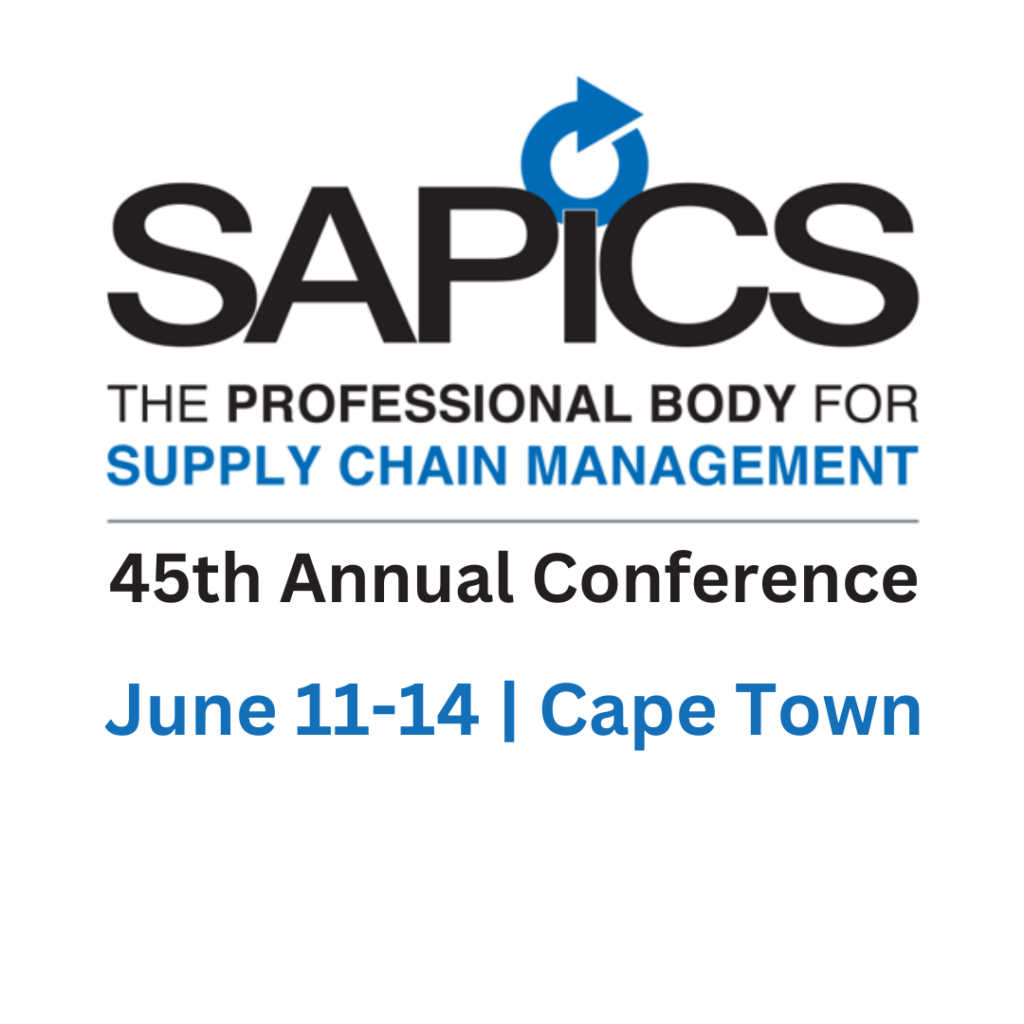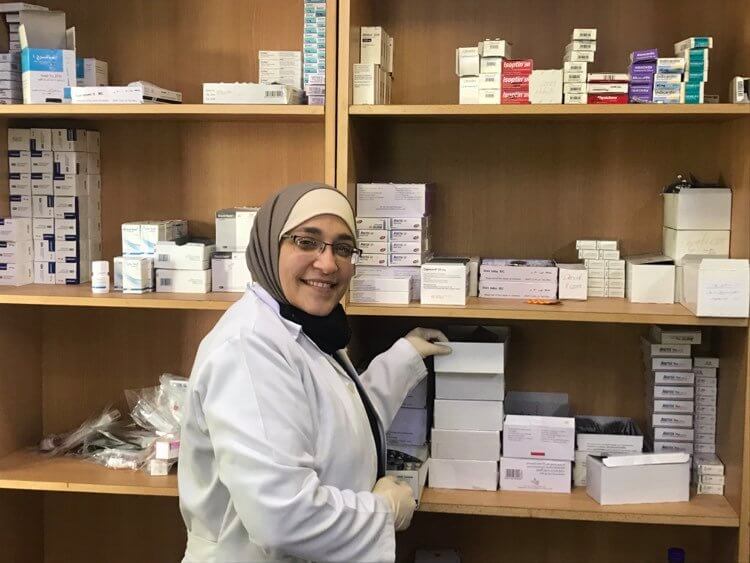MSH at the 45th SAPICS Conference 2023
MSH at the 45th SAPICS Conference 2023

For 45 years, supply chain professionals worldwide have gathered in South Africa at the SAPICS Annual Conference to exchange ideas, experiences, and expertise in all things supply chain. SAPICS was held this year in Cape Town, June 11–14.
Addressing this year’s conference theme, “Forward Thinking,” the MSH delegation shared our work in strengthening the effectiveness of health supply chains and professionalizing their workforce, the use and benefits of artificial intelligence (AI) in supply chains, how to address barriers and solutions to innovative financing models, and the role of market shaping interventions in increasing access to health care products and medicines.
MSH-Sponsored Workshop
Sunday, June 11, 2023
Workshop 4: How to Systematically Strengthen Pharmaceutical Systems to Support Health Supply Chain Effectiveness
- Sunday, June 11
- 10:00 am–13:00 pm (SAST)
- Location: Room 9
- Space is limited. Pre-reservation is essential. Administrative fee: R350 (ex. VAT)
- Facilitated by Dr. Andrew Brown, Senior Principal Technical Advisor, and Tamara Hafner, Principal Technical Advisor, of the Medicines, Technologies, and Pharmaceutical Services (MTaPS) Program, this workshop focused on situating health supply chain management within the broader context of pharmaceutical systems to better understand what a systematic approach looks like and its importance in achieving public health goals.
- Download Workshop Resources: (1) Strengthening Regulatory Systems, (2) Pharmaceutical Procurement and Supply Chain Management, (3) Ensuring Quality and Safety in Pharmaceutical Systems: The Role of Good Governance, and (4) Containing Antimicrobial Resistance through Stewardship

MSH-Moderated Panels
Monday, June 12, 2023

Artificial Intelligence – Practical Use in Supply Chain
- Monday, June 12
- 8:45–9:35 am (SAST)
- Location: Hall A
- According to a 2023 Grand View Research report, AI helps to improve operational efficiencies, free up resources, and simplify processes, which is expected to significantly fuel the growth of AI in the supply chain market. Moderated by Dr. Iain Barton, Senior Fellow at MSH, supply chain leaders and AI discussed the potential for AI to revolutionize supply chains.

Innovative Finance Models
- Monday, June 12
- 12:20–13:00 pm (SAST)
- Location: Hall B
- Innovative Financing can strengthen health supply chains through diversification, private sector investment, and facilitating risk sharing. However, barriers still exist. Moderated by Dr. Iain Barton, with an opening from Vinod Guptan, Chief Executive Officer at MedSource, Kenya; public, private, and development sector experts discussed examples of innovative financing and explore how such barriers can be overcome.
Tuesday, June 13, 2023

Getting Practical with Supply Chain Professionalization
- Tuesday, June 13
- 8:30–9:20 am (SAST)
- Location: Hall B
- Institutionalizing supply chain management as a profession in public and private sector is not a straightforward process. This session, moderated by MSH’s Dr. Andrew Brown, focused on some of the main pillars to consider when professionalizing supply chain management.

Market Shaping for Health Care Product Access
- Tuesday, June 13
- 9:30–10:20 am (SAST)
- Location: Hall A
- Moderated by René Berger, Senior Technical Director, Global Health Systems Innovation at MSH, Francis (Kofi) Aboagye-Nyame, Program Director of the MTaPS Program, and panelists discussed opportunities to enhance local manufacturing of vaccines and other pharmaceuticals, particularly in Africa. What is required to make it a reality from regulatory to forecasting and financing? What roles can governments and the private sector play in co-creating and achieving these outcomes
Recommended Resource
Enabling a Market-Based Approach to Manufacturing Quality-Assured Health Products in Africa: A Differentiated Coordination Approach
Africa is at an inflection point in the journey of building regional value chains for sustainable health product manufacturing. This paper highlights the coordination and collaboration necessary to place local manufacturing and procurement of quality-assured health products on the right trajectory—in Africa and for Africa. This opinion piece, organized by Unitaid, benefits from the input of multiple stakeholders in both the public and private sectors from across the health and industrial development industries in and beyond Africa.
Learn More about MSH’s Health Supply Chain Work
Funded by USAID and implemented by a consortium led by MSH, the Medicines, Technologies, and Pharmaceutical Services (MTaPS) Program aims to help low- and middle-income countries strengthen their pharmaceutical systems, including supply chain management capabilities, to ensure sustainable access to and appropriate use of safe, effective, quality-assured, and affordable essential medicines and pharmaceutical services. Visit the MTaPS website to learn more.
